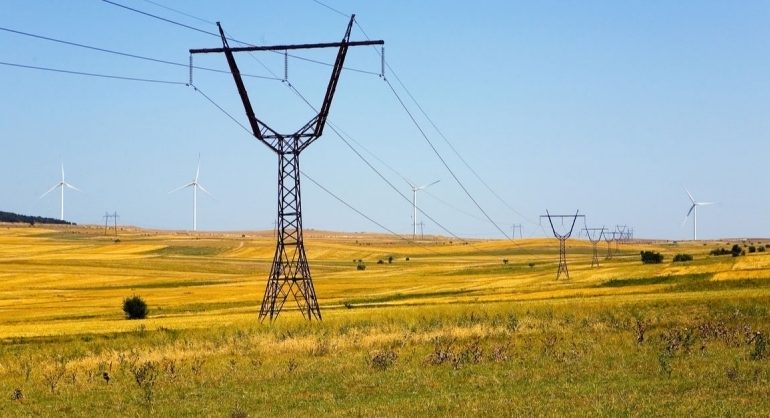The World Economic Forum has published the second report about energy efficiency. The index evaluates 115 countries according to how prepared they are for safe, sustainable and affordable energy systems. WEF notes, that the world energy system experiences a number of challenges, independently researching of which is impossible for both a single republic or the private sector. The main challenge is the increase in the efficiency of energy use. Thus, the World Economic Forum calls the countries for the advancement of energy politics in general.
The 2019 report emphasizes several factors that cause the ‘unprecedented transformation’ of energy politics. The main challenge is named to be obtained the so-called clean energy and its distribution.
According to the research, during 2014-2016 , in the world, additionally 135 million people were given access to electric energy. Due to the increased usage and demand of the energy, as stated by the authors of the research, the attentiveness to environmental politics are unequal to its general demand.
According to the prognosis, by the year 2040, the demand of electric energy in the world will increase by 25%. The major share of the growth is usually related to the developing economies since in parallel to the development of both manufacture and private sector the demand of the business also grows accordingly. Furthermore, providing territories without electricity with the electric energy also takes place. Today there are still more than 1 Billion people in the world with no provided electricity.
With energy efficiency, Georgia among 115 countries is number 32, which is 16 positions ahead than the last year’s indicator. From three main criteria, Georgia with the ‘economic growth and development’ has the best result– 67 out of 100 points and therefore the 31st position in the world. This criteria covers both the prices of the electric energy in the country and its competitiveness. It also evaluates the expenses of the export and import of electric energy.
The country has worst result in ‘The Access and Sustainability of the Energy’ criteria, which measures specifically how many people have the access to the electric energy in each country, as well as how diversified the import sources of the energy are and how high the quality of the distributed electric energy is. In this criteria Georgia holds the 67th position. With the environmental politics, the country is number 59 in the ranking.
Concerning the country’s readiness in the transitional period of energy politics, the worst result for Georgia is in regards to the infrastructure and regulations. If with the business environment Georgia holds the leading positions in the world rankings, then in the energy fields it only stands on the 72nd position. The country has even worse outcome regarding the infrastructure – 89th position, which is caused by Georgia’s overall results in the World Bank Logistics Index.
In comparison to other countries of the world, Georgia is also behind with the import share of used electric energy. This volume is more than it is in case of the other 92 countries of the world and according to the research, there are only 22 countries that provide more import than Georgia.
დატოვე კომენტარი













